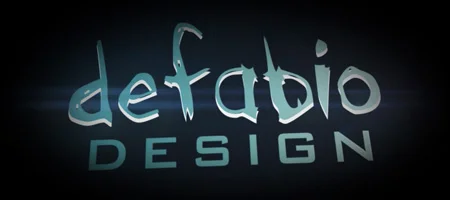This photo has always been an important favorite. In the past week I’ve come to think of it as THE defining photo of Lucas’ life. He brought comfort and relief to people.
Here's what I wrote 5 years ago in 2015 about this but never posted.
Lucas Blog – Helping Hunter
My kid can't do much. That might be horrible to say. You might think it's a defeatist attitude. We've certainly encountered a physical therapist or two with a better attitude. One like “If we act like he'll walk, he'll have a better chance of walking.” My wife and I aren't defeatists but we don't buy it. Our son Lucas isn't going to walk. Or talk, or grab on to a toy for more than a few seconds. He can't do much at all physically.
He can however light up a room with his eyes and his smiles and his laughs. That is no small accomplishment. In fact it's what we cherish most about him. But bragging on that feels a lot like how every parent feels their kid is gorgeous.
We're completely happy with Lucas as he is. I've written previously about adjusting our expectations. It's possible we've adjusted our expectations too low. When notes come home from school about what Lucas has accomplished, we often find them hard to believe. We tend to think the teachers and therapists are overly generous in their assessments. “Lucas chose to play with an alligator today,” they say. “C'mon, really?” we say.
Prior to having a medically fragile child I never quite believed the sentiments you hear from special needs families. Things along the lines of “When my kid runs 10 yards, I'm as proud as parents of triathletes.” It just wasn't anything in my experience or understanding –yet. But I get it now. This photo where my boy is struggling to move a pen on paper. That's one of the things I'm proudest of in this world. It was also probably the height of his physical abilities and he has regressed since then.
All of this is to let you know my readiness to disbelieve or at least discount this message home from his school: “Today Lucas took the hand of a crying classmate to comfort him and it worked.” While it did sound like my son's nature to want to do such a thing I would have bet against him actually accomplishing it. I formed a mental picture of the two boys side by side in their wheelchairs. Their combined arm spans barely enough to bridge the distance and join hands, even if they were fully capable.
I was wrong. I underestimated my boy. His friend Hunter was crying out in pain while recovering from a recent hip surgery, Hunter's mom told me later. Eerily this was the very same surgery Lucas needed and we decided not to pursue because we feared a painful recovery. Hunter was inconsolable for a good number of minutes. And unlike my mental picture both boys were flat on their backs on exercise mats –ah, now that makes it more believable. Lucas reached out and got Hunter's hand and immediately Hunter calmed and quieted. Hearing this from Hunter's mom nearly broke my heart. I know her only a little but still well enough to know she wouldn't sugar coat it. She's a tough, no-nonsense, make-it-happen type. What Emily Rapp would call a Dragon Mom.
http://www.nytimes.com/2011/10/16/opinion/sunday/notes-from-a-dragon-mom.html?_r=0
Even still I had to look for shades of meaning, “Well, when you say he took Hunter's hand....?” And then she showed me this picture.
And I could not be more proud. Suppose your kid managed only one measurably effective physical act in his life. Wouldn't you want it to be this?
Lucas reaches out to comfort a friend in need.




